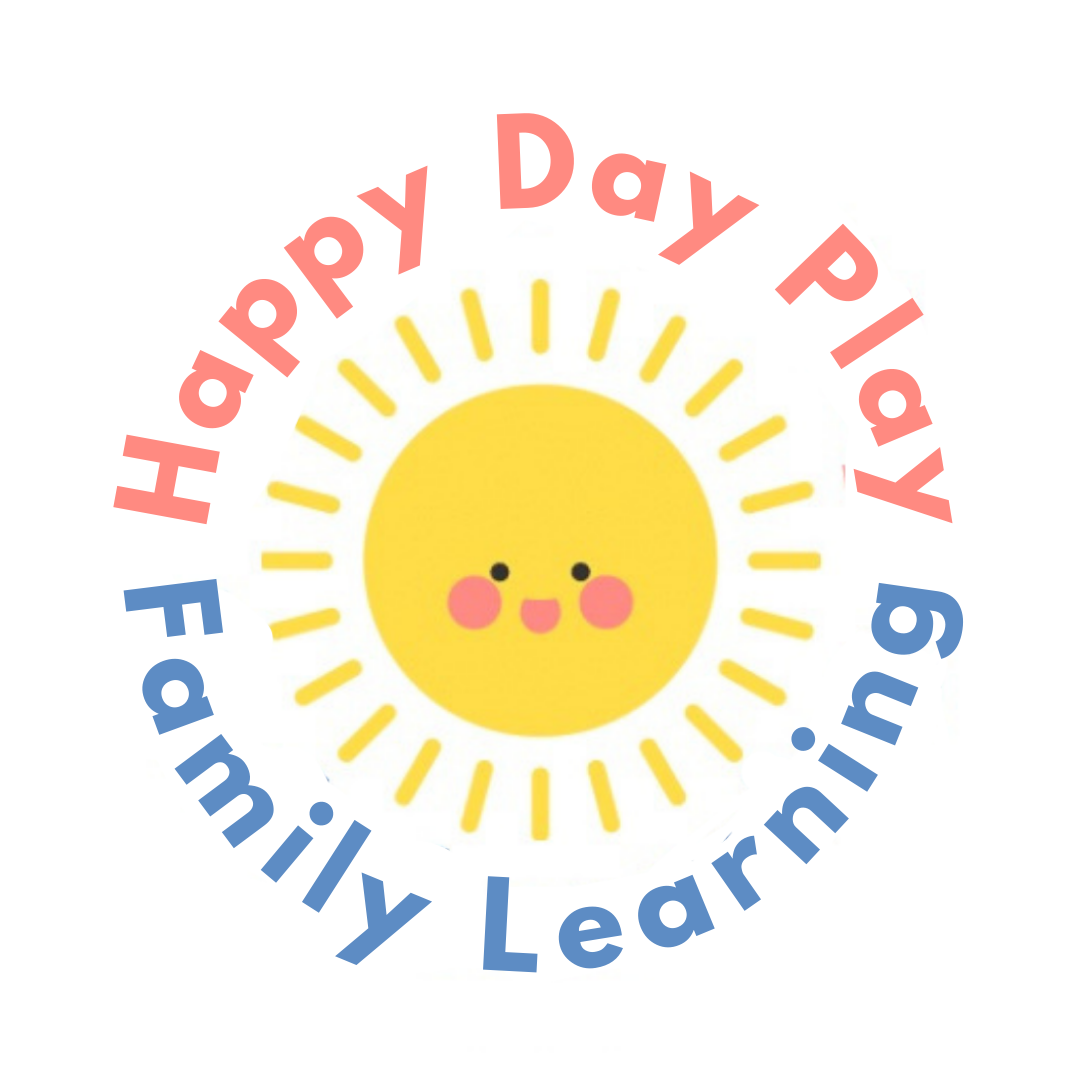Harmonious Growth: The Marvel of Baby Music Classes for Both Child and Caregiver
Music has an enchanting power that transcends age and connects us on a profound level, regardless of age. For babies and their caregivers, music becomes a magical medium through which they can embark on a delightful journey of bonding, learning, and exploration. Popularized “Mommy and Me” style baby music classes offer a unique and enriching experience for both the child and the adult, fostering early development, nurturing emotional connections, and creating lasting memories.
The Importance of Music Classes for Both Baby and Caregiver
Baby music classes hold a special place in the hearts of both babies and their caregivers. For babies, music provides a captivating and multisensory experience, stimulating their auditory, visual, and motor skills. Through lighthearted songs, rhythmic beats, and interactive play, babies begin to explore the world of sound and rhythm, laying the foundation for language development and cognitive growth.
For parents or caregivers, music becomes a powerful tool for emotional expression and connection with their little ones. As they sing and sway together, caregivers create a secure and loving environment, strengthening the bond with their baby. The joy and laughter shared in these classes cultivate a sense of joy and wonder that extends beyond the class, enhancing the overall well-being of both the child and the adult.
Why Are Music Classes Good for Babies?
Baby music classes offer a myriad of benefits for both babies, specifically:
Enhances Cognitive Development: Music stimulates various areas of the brain, enhancing memory, attention, and creative thinking in babies. Caregivers witness their child's cognitive growth and become actively engaged in fostering their mental abilities.
Helps with Emotional Regulation: Music has a calming effect on babies, helping them regulate their emotions and moods. For caregivers, music becomes a soothing tool to comfort and connect with their baby during moments of distress.
Aids in Language Development: The rhythm and repetition in songs support language development in babies, helping them recognize patterns and sounds. Caregivers actively participate in this linguistic journey, encouraging early communication skills.
Supports Motor Skills: Through music and movement activities, babies develop gross and fine motor skills. Caregivers cheer on their little ones as they clap, dance, and explore their newfound physical abilities.
The Significance of Musical Interactions
Music plays a significant role in early life, shaping a child's social and emotional development. In baby music classes, musical interactions with peers and caregivers create a sense of unity and shared experiences. Babies learn to respond to the musical cues of others, promoting social awareness and cooperative play. For caregivers, these interactions offer insights into their baby's social preferences and pave the way for meaningful social connections beyond the class setting.
How to Choose the Perfect Baby Music Class
Before enrolling in a baby music class, consider the following factors:
a. Qualified Instructors: Look for classes led by music educators experienced in early childhood development. Qualified instructors can design age-appropriate activities that cater to the specific needs of babies.
b. Song Variety: Ensure that the class includes a diverse range of songs, incorporating various musical styles and tempos to keep babies engaged.
c. Age-Appropriate Activities: Check if the class's activities are suitable for your baby's developmental stage, allowing them to participate and enjoy the musical journey fully. Are they in a class with multiple ages? Does the instructor tailor activities specifically for all these age ranges?
d. Instrument Exploration: Find classes that encourage babies to explore and play with age-appropriate musical instruments, fostering a sense of creativity and expression.
e. Parent/Caregiver Involvement: Confirm that the class encourages active participation from caregivers, strengthening the bond between child and adult.
When Should Parents Introduce Music to Their Babies?
Introducing music to your baby can be a delightful and beneficial experience that contributes to their overall development. You can start incorporating music into your baby's routine from the very beginning. In fact, even during pregnancy, playing soothing music or singing lullabies can create a comforting environment for your baby.
For newborns and infants, gentle lullabies, soft classical music, or nature sounds can be introduced during quiet moments, such as bedtime or naptime. As your baby grows, you can incorporate more interactive elements like rhythmic clapping, gentle swaying, or using musical toys. You can engage in simple activities like singing songs, playing musical games, or using toys that produce musical sounds.
Always observe your baby's reactions and adjust the volume and intensity accordingly. Music can be a wonderful tool for bonding, soothing, and enhancing cognitive development, so feel free to make it a joyful part of your daily routine from the earliest stages of your baby's life.
Key Takeaways
Baby music classes offer an enchanting experience for both child and caregiver, where the magic of music weaves connections that last a lifetime. Through the joyous exploration of sound, babies develop crucial cognitive and social skills while caregivers embrace the power of music in nurturing emotional connections. Selecting the perfect baby music class creates an opportunity for delightful shared experiences, enriching the early years of both child and caregiver alike.


